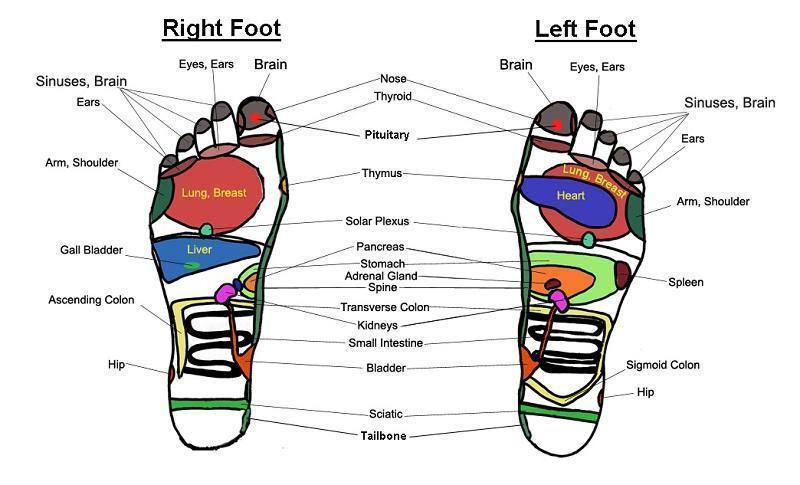Understanding Your Child's Behavior: A Guide for Mental Health Awareness Week
Title: Understanding Your Child's Behavior: A Guide for Mental Health Awareness Week
Mental Health Awareness Week serves as a crucial reminder of the importance of mental well-being, especially in children. Understanding your child's behavior is pivotal in providing the right support and guidance. This blog focuses on recognizing behavior patterns in children that may suggest the need for additional support, emphasizing how parents and caregivers can be proactive in their child's mental health.
Recognizing Behavioral Patterns
Children often communicate their feelings and needs through behavior, not just words. Recognizing certain patterns can help identify if they are experiencing mental health challenges.
-
Changes in Mood: Look for significant changes in mood, such as increased irritability, sadness, or mood swings that are not typical for your child.
-
Withdrawal: Pay attention if your child suddenly seems withdrawn or loses interest in activities they once enjoyed.
-
Changes in Eating or Sleeping Habits: Disruptions in regular eating or sleeping patterns can be indicators of stress or anxiety.
-
Performance Issues at School: A sudden drop in grades or reluctance to go to school might signal underlying issues.
-
Physical Symptoms: Frequent headaches or stomachaches with no apparent cause can be physical manifestations of mental stress.
Creating a Supportive Environment
Creating a nurturing environment at home is crucial for your child’s mental well-being.
-
Open Communication: Encourage open and honest communication. Let your child know it’s okay to talk about their feelings without fear of judgment.
-
Active Listening: Practice active listening. Give your child your full attention and acknowledge their feelings.
-
Consistency and Routine: Provide a consistent routine, which can be comforting for children and provide a sense of stability.
When to Seek Professional Help
While some changes in behavior are a normal part of growing up, persistent, significant changes may require professional intervention. Consulting with a pediatrician or a child psychologist can provide guidance and support tailored to your child's needs.
Mental Health Education
Educate yourself and your child about mental health. Understanding emotions, stress, and mental health challenges can demystify these issues and make it easier for your child to express their feelings.
Encouraging Positive Behaviors
Encourage activities that promote mental well-being:
-
Physical Activity: Engage in regular physical activities as a family.
-
Creative Outlets: Provide opportunities for creative expression through art, music, or writing.
-
Mindfulness and Relaxation: Teach simple mindfulness or relaxation techniques suitable for their age.
The Role of Schools and Community
Schools and communities play a significant role. Advocate for mental health education and support systems in schools and participate in community activities that focus on mental well-being.
Conclusion
Mental Health Awareness Week is an opportunity to reflect on our children's mental health. By understanding and responding to behavioral cues, maintaining open communication, and seeking professional help when necessary, we can ensure that our children receive the support they need. Remember, acknowledging and addressing mental health is a vital part of overall health and well-being.
Disclaimer
This blog is for informational purposes only and does not substitute professional medical advice. Always consult healthcare professionals for any concerns regarding your child's mental health.











